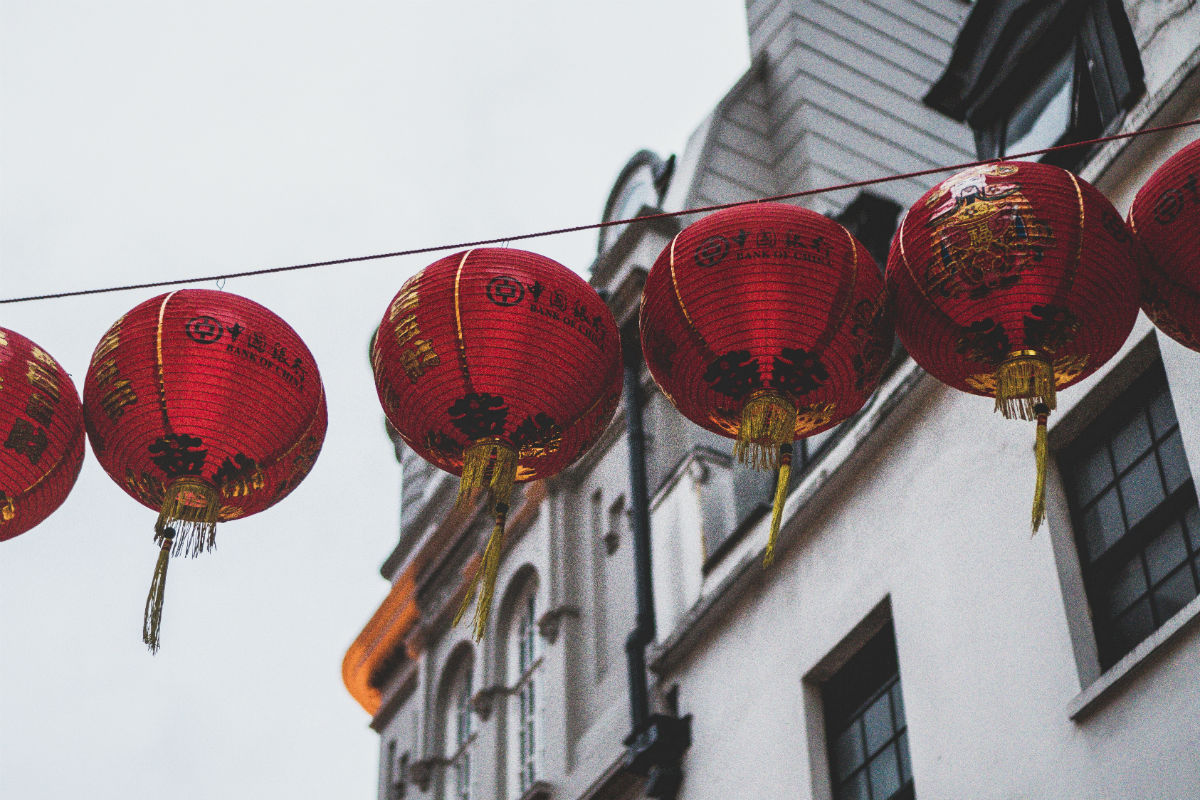Folklife Friday is a weekly digest of arts and culture articles, podcasts, and videos from across the web. Read on for a selection of the week’s best cultural heritage pieces, and don’t forget to check back next Friday for a new set of weekly picks.
Radical Hope Is Our Best Weapon
“The world has been in an awful state for a long time. But I would not say that this is a different order of madness,” Dominican American writer Junot Díaz says in this On Being interview. “I think it is a sharpening of the already-present madness.” He reflects on the difficulties of connecting beyond diasporic communities, the social and cultural trials we face every day, and the way forward in a murky context. “It’s incumbent upon us to be reflective, to be complex, to be subtle, to be nuanced, to take our time in societies which are none of these things.”
Lo Mein and Plantains: The Proud History of Cuban-Chinese Food
“La Caridad is a snapshot of a strange moment in time,” chef Antonio Wong says of his New York City restaurant. Wong, who was born in Havana, has long experimented with the colorful, chaotic flavors of Chinese Cuban cuisine. Like many Chinese immigrants to Cuba, Wong fled the country when Castro came to power and found a new home in New York. In the city’s La Caridad 78 restaurant, Wong and others prepare Chinese Cuban food as richly complex as Wong’s own journey.
Life in Little Pyongyang
Is there value to remembering a painful past? In this essay on Haebangchon, South Korea—a city long known as Little Pyongyang—writer David Josef Volodzko explores this and other questions. Now one of Seoul’s most diverse neighborhood, Haebangchon was once home to North Korean defectors who fled home following the Korean War only to face new discrimination in the south. Today, the city boasts a wealth of retro-style speakeasies, cocktails lounges, and artisanal cafes. Even so, questions loom about sustaining the city’s history at a time of pronounced gentrification and flux.
Still Lives That Won’t Hold Still
Taking as his subject Marie Cosindas’s ashy and arresting photographs, Teju Cole explores here the singular power of still lives to transport viewers into new and nuanced worlds. Cole reveals the careful idiosyncrasies of her works—assemblages that “evoke spaces redolent of complexity like the kitchens of great cooks or the laboratories of ancient perfumers, spaces in which unexplained things happen.” It is here, Cole argues, that “a highly personal vision of reality enamored of theatrical effects and attuned to the inner life of inanimate things” emerges unscathed.
“Master of None” and Everyone
In this review of the Netflix comedy series Master of None, Christopher Spaide takes a closer look at the show’s second season and what its stories reveal about authentic portrayals of “the other.” Dev, an Indian American character played by creator Aziz Ansari, “has become the rare Asian American character whose life we see fully, year-round, in quotidian and life-changing moments alike,” Spaide writes. “No image better condenses Master of None’s eye for acceptance and interdependence,” Spaide explains, reflecting on the “Thanksgiving” episode that earned the show’s writers an Emmy Award, “its wish to widen traditions rather than break them, its grace and graciousness.”
Special thanks to editor Elisa Hough and to Michael Atwood Mason for their contributions to this week’s digest.


